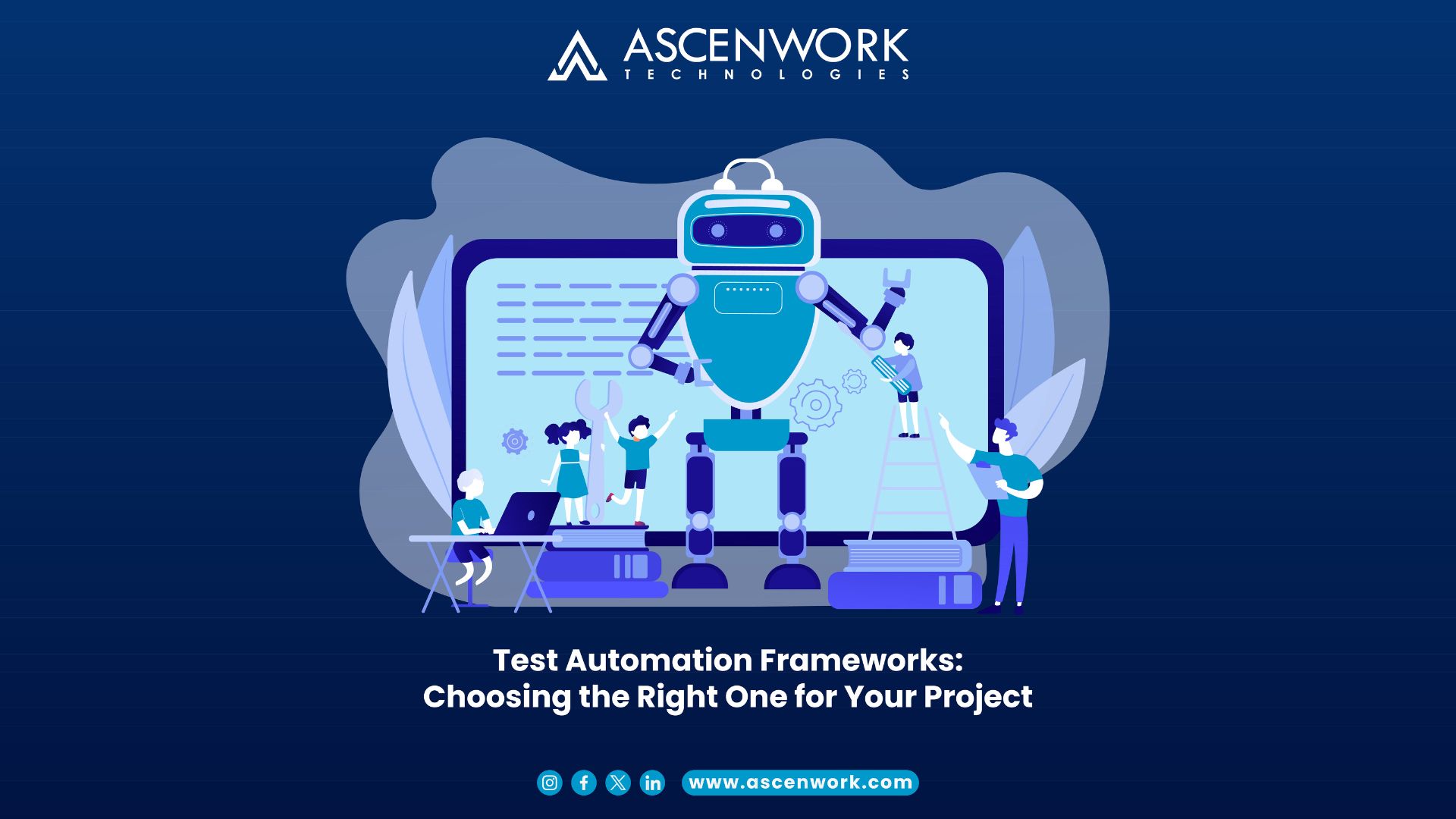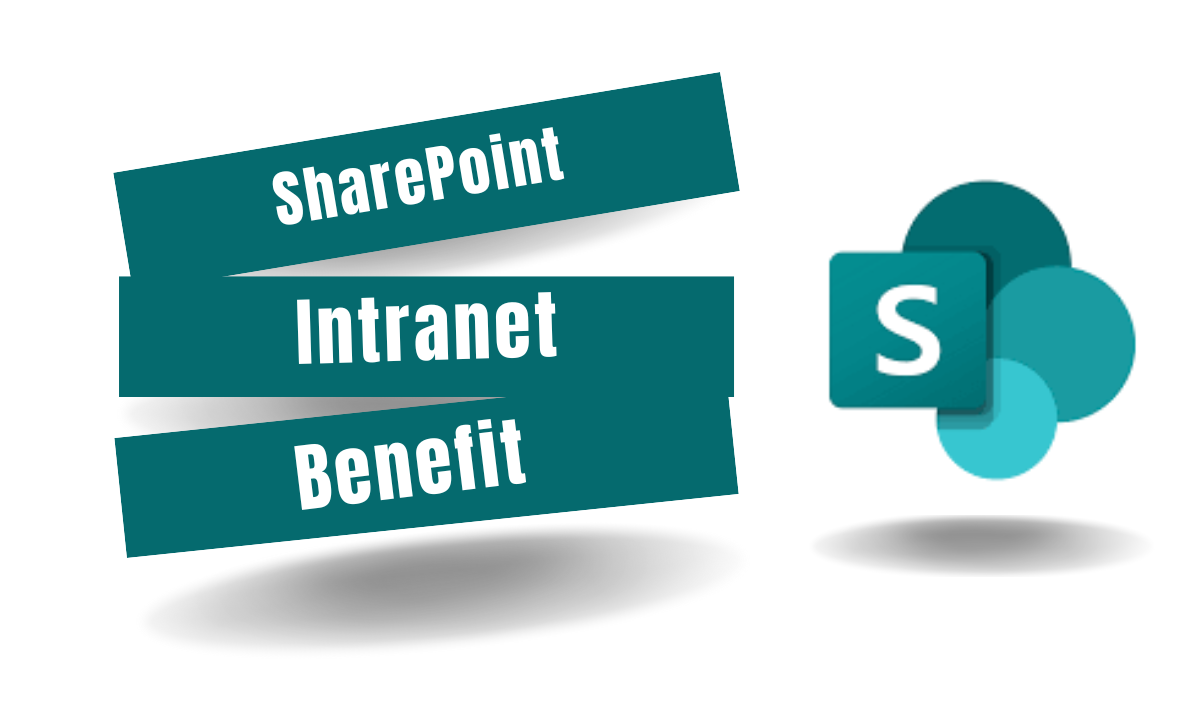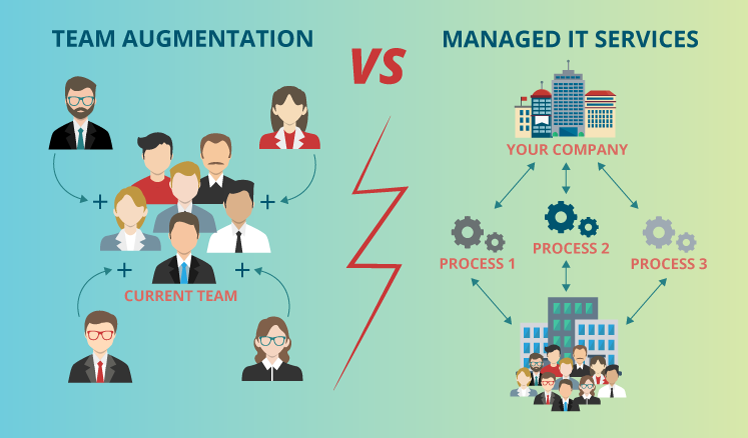
In the realm of software development, Test Automation Frameworks play a pivotal role in ensuring the quality and reliability of applications. These frameworks are structured sets of guidelines, coding conventions, and practices that streamline the process of automating tests. Understanding their significance is crucial for any development team striving for efficiency and reliability in their testing processes.
How to Choose a Top-Flight Test Automation Framework for Your Needs
-Assessing Project Requirements
Selecting the most suitable framework begins with a comprehensive assessment of project requirements. Identify the nature of the application, the desired test coverage, and any specific needs unique to the project.
-Compatibility with Application Under Test
A top-flight framework should seamlessly integrate with the application under test. Ensuring compatibility guarantees smooth test execution and accurate results, minimizing false positives or negatives.
-Scalability and Maintainability
Consider the scalability of the chosen framework. As your project evolves, the framework should accommodate growth without compromising efficiency. Additionally, assess the ease of maintenance to prevent bottlenecks in the long run.
Benefits of Utilizing Test Automation Frameworks
-Increased Test Efficiency
Automation frameworks significantly enhance testing efficiency by executing repetitive test cases swiftly. This allows for more iterations within a shorter timeframe, accelerating the overall development process.
-Consistency in Test Execution
Consistency is a hallmark of a robust test automation framework. Automated tests ensure that each test is executed in the same manner every time, reducing the likelihood of human error and providing reliable results.
-Enhanced Test Coverage
By automating repetitive and time-consuming test scenarios, these frameworks contribute to comprehensive test coverage. This ensures that a broad spectrum of functionalities is validated, leading to more reliable software.
Common Types of Test Automation Frameworks
Modular-Based Frameworks
Modular frameworks divide the entire application into independent modules, allowing for the testing of individual components. This modular approach enhances reusability and simplifies maintenance.
-Data-Driven Frameworks
Data-driven frameworks separate test scripts from test data, enabling the execution of the same test script with multiple sets of data. This approach enhances flexibility and facilitates the testing of various scenarios.
-Keyword-Driven Frameworks
In keyword-driven frameworks, test scripts are written using keywords or commands. This abstraction simplifies script creation and modification, making it more accessible for non-technical team members.
-Behavior-Driven Development (BDD) Frameworks
BDD frameworks emphasize collaboration between technical and non-technical stakeholders. Tests are written in natural language, enhancing communication and understanding between different roles in the development process.
Factors to Consider When Choosing a Framework
-Programming Language Support
Evaluate the programming languages supported by the framework. Choose a framework that aligns with the skill set of your development and testing teams, ensuring seamless integration into existing workflows.
-Community Support and Documentation
A thriving community and comprehensive documentation are indicative of a framework’s reliability. Community support provides valuable insights and solutions to common issues, while extensive documentation simplifies the learning curve for new adopters.
-Integration with CI/CD Pipelines
For optimal efficiency, choose a framework that integrates seamlessly with Continuous Integration/Continuous Deployment (CI/CD) pipelines. This integration ensures automated testing is an integral part of the software delivery pipeline.
Challenges of Test Automation Framework
-Initial Implementation Challenges
Implementing a test automation framework may pose initial challenges, such as the learning curve associated with new tools and frameworks. However, the long-term benefits often outweigh the initial hurdles.
-Maintenance Overhead
Maintaining automated test scripts is an ongoing process. Changes in the application or updates to the framework itself may require adjustments, leading to maintenance overhead. Regularly update scripts to align with the evolving nature of the software.
-Adaptability to Changes in Application
Applications undergo changes over time, and a robust framework should be adaptable to these changes. Ensure that the chosen framework can evolve alongside the application to maintain the effectiveness of automated tests.
A test automation framework is a structured set of guidelines and practices designed to streamline the automation of software testing. It provides a systematic approach to developing, executing, and maintaining automated test scripts.
Common types include Modular-Based Frameworks, Data-Driven Frameworks, Keyword-Driven Frameworks, and Behavior-Driven Development (BDD) Frameworks.
Creating a test automation framework involves defining project requirements, selecting a suitable framework type, and implementing best practices for scalability, maintainability, and efficiency.
The best test automation framework depends on project requirements, team expertise, and compatibility with the application under test. Assess these factors to determine the most suitable framework.
Evaluate project requirements, consider programming language support, assess community support, and ensure seamless integration with CI/CD pipelines when selecting a test automation tool.
Selenium supports various frameworks, including Data-Driven, Keyword-Driven, and Hybrid frameworks, each catering to different testing needs.


